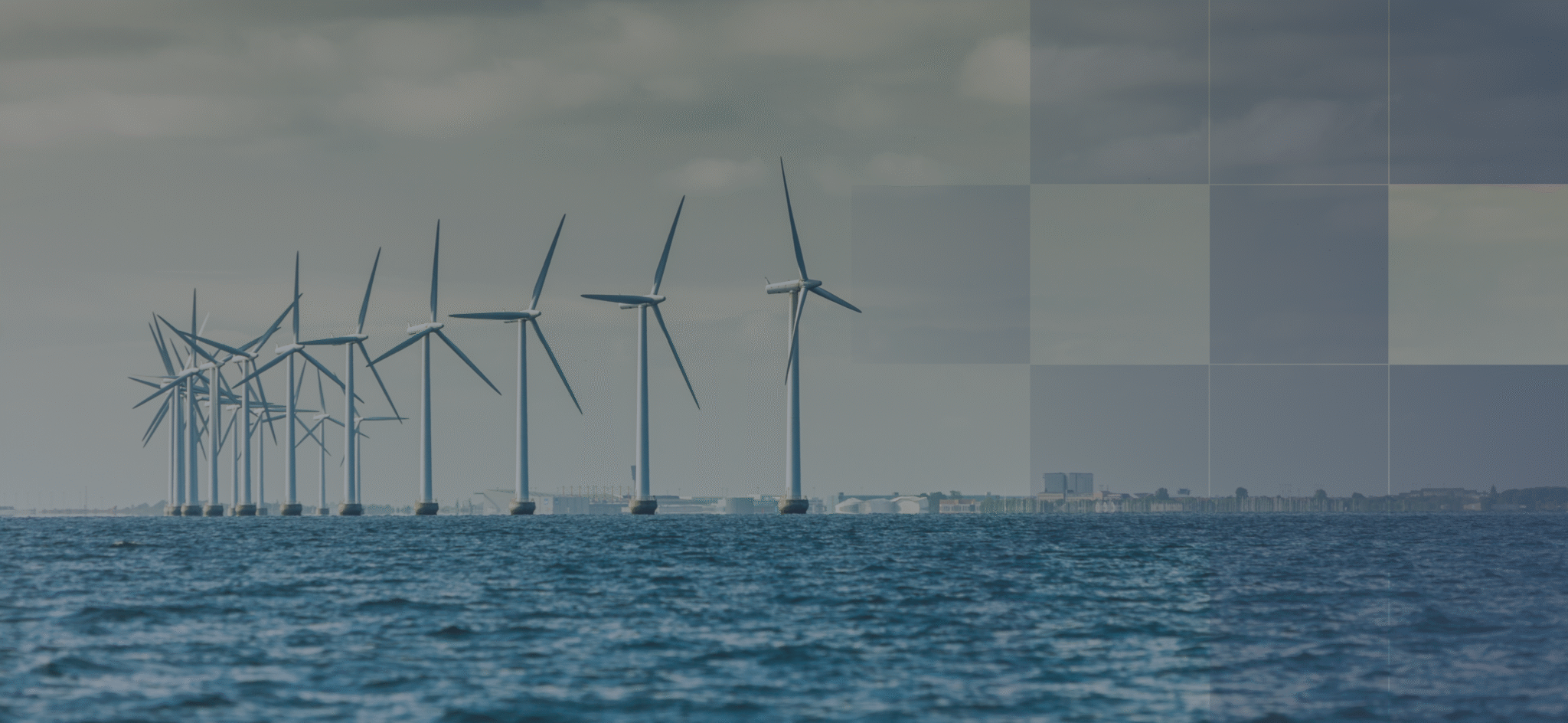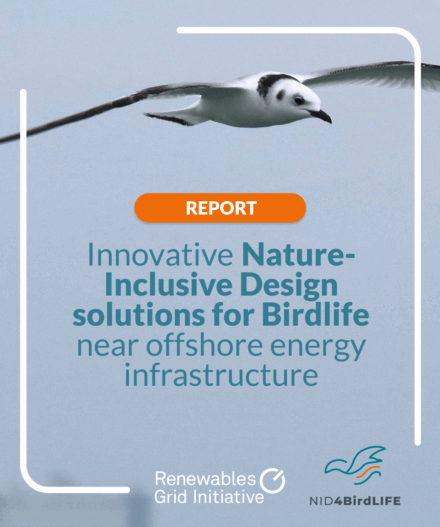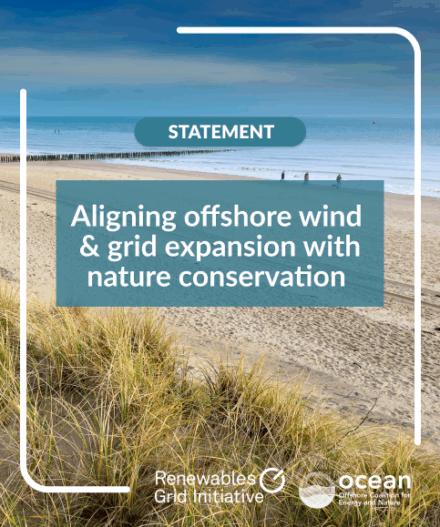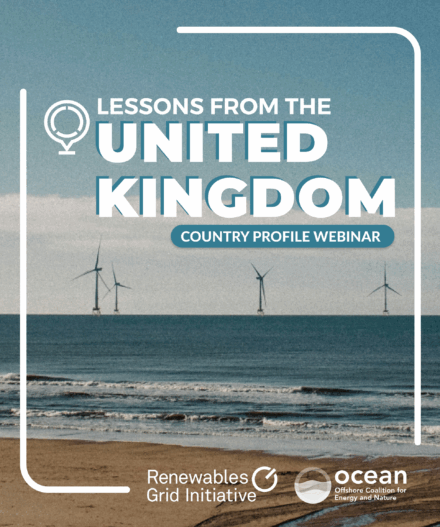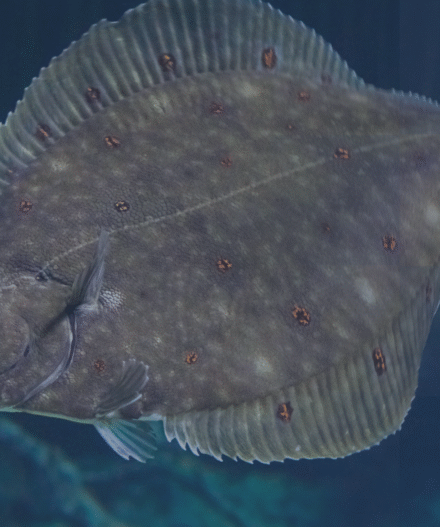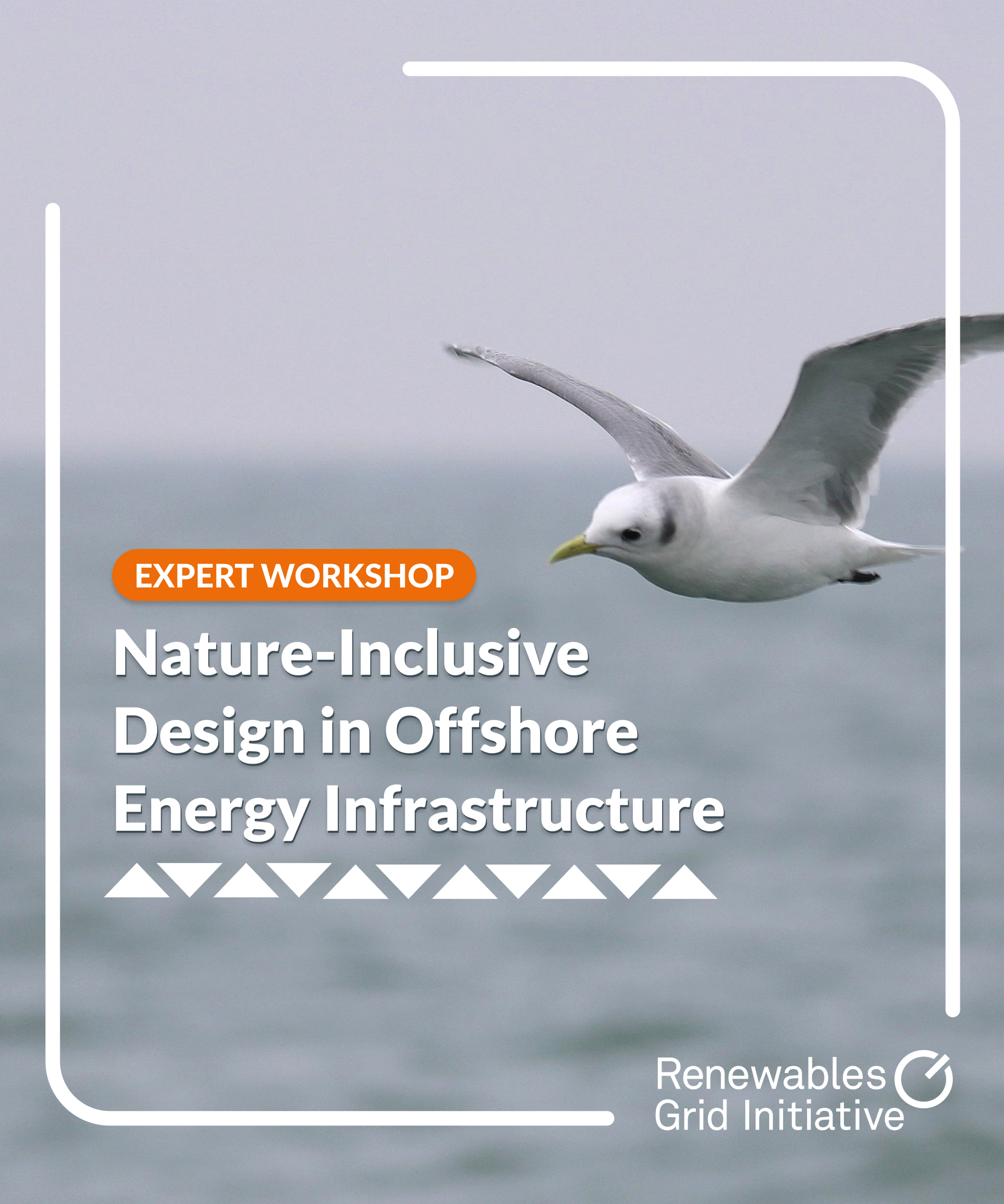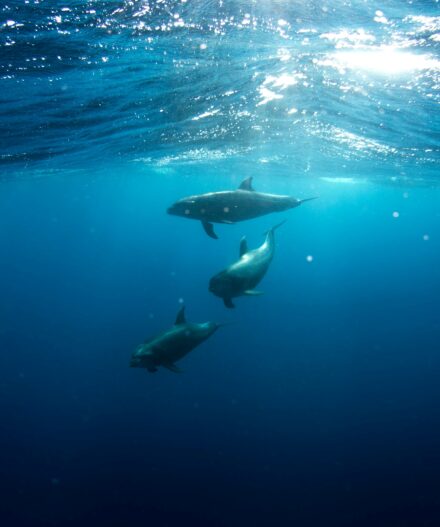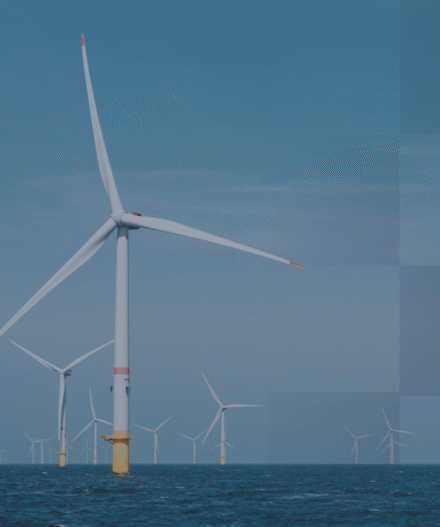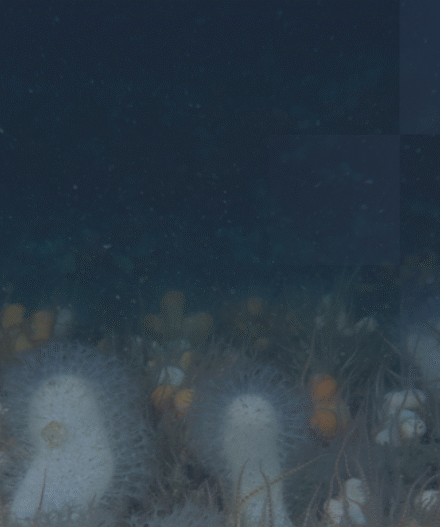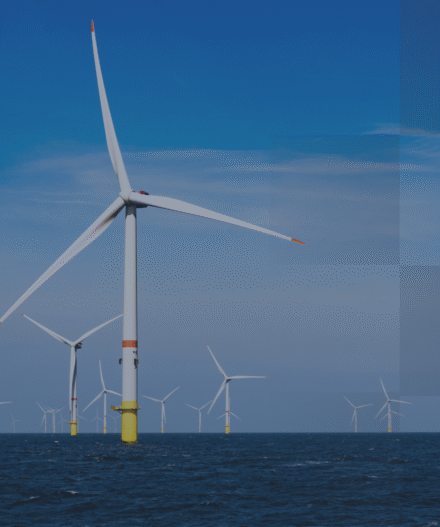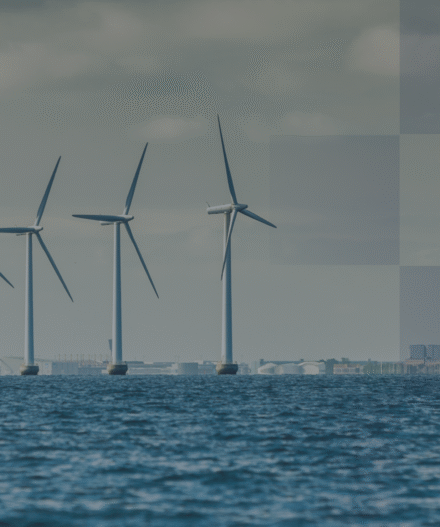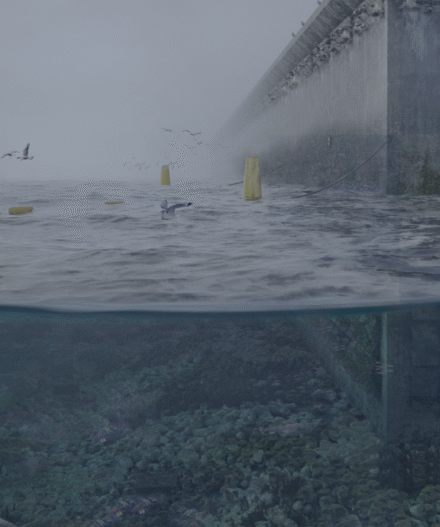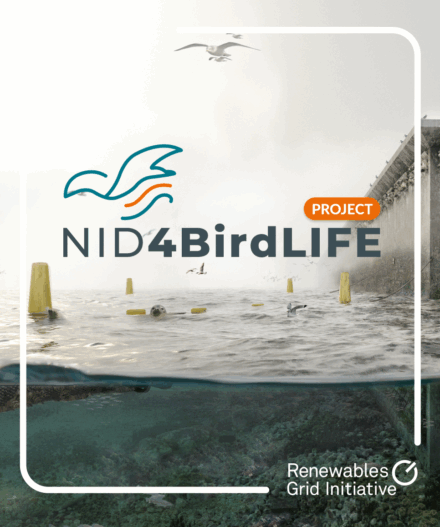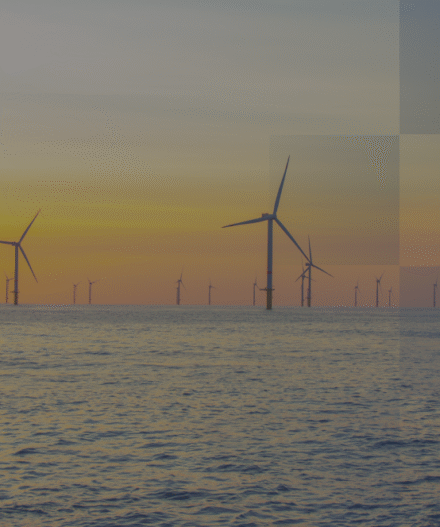GINGR’s Global MSP webinar explored how Marine Spatial Planning enables Nature- and People-Positive offshore wind development through governance, policy, and stakeholder collaboration.
Introduction
As the world continues its transition to renewable energy, Maritime Spatial Planning (MSP) has played a critical role in balancing offshore wind energy development with environmental sustainability and social equity. MSP offers a structured, data-driven approach to organising human activities in marine spaces, aiming to ensure that offshore wind projects coexist harmoniously with biodiversity and coastal communities.
This 90-minute GINGR webinar explored the evolving global landscape of Maritime Spatial Planning. The session examined key frameworks, governance structures, and legal and policy developments at international, regional, and national levels. Experts from government, industry, and conservation shared insights on how MSP can support Nature-Positive and People-Positive outcomes, building on GINGR’s recent publication on this topic.
The webinar featured an engaging discussion on how Maritime Spatial Planning can serve as a strategic tool for stakeholder engagement, cross-border cooperation, and effective data management to support responsible offshore wind development and promote sustainable, equitable outcomes within countries and across regions.
This session provided valuable insights into the role MSP can play in integrating energy and nature, and how it can ensure that offshore wind development aligns with environmental sustainability and social equity. By examining best practices, governance structures, and cross-sectoral interactions, the webinar explored how MSP can drive responsible decision-making and foster greater collaboration among policymakers, civil society, industry leaders, and conservation experts.
This webinar was a virtual side event for the 2025 United Nations Ocean Conference in Nice. It was organised in collaboration with the International Union for Conservation of Nature (IUCN), World Wildlife Fund (WWF), Offshore Coalition for Energy and Nature (OCEaN), and the Renewables Grid Initiative (RGI).

The Global Initiative for Nature, Grids and Renewables (GINGR)
GINGR aims to support the just and sustainable energy transition by providing assessment tools to quantify contributions to Nature- and People-Positive goals. To facilitate this, we intend to develop monitoring and reporting systems that are globally aligned and standardised.
Event Speakers


Helena Rodrigues
Ocean Policy Officer | WWF European Policy Office

Tobias Grindsted
Team Lead | Danish Energy Agency
Ana Miljanović Rusan
Manager – Offshore Energy and Nature, Renewables Grid Initiative
contact
Annika Lilliestam
annika[at]renewables-grid.euCoordinator – GINGR

Eston McKeague
eston[at]renewables-grid.euManager – Communication



